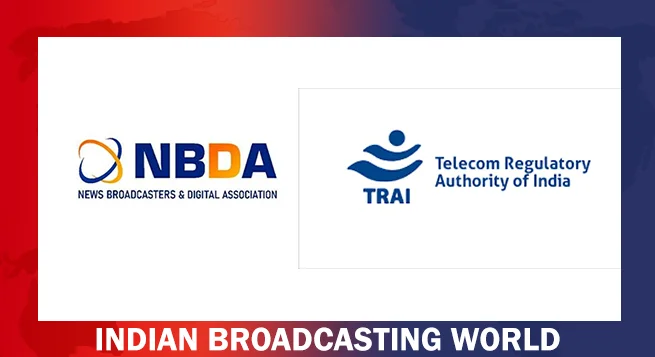What you wear, what you eat, which language you speak…Increasingly the State is getting into a host of areas that were earlier concerned personal zones backed with come constitutional rights — at least in a democratic world.
Hosts in China’s livestreaming industry should speak Mandarin and dress appropriately when they market products online, the country’s commerce ministry has said, as it looks to tighten its oversight of the sector.
Livestreaming marketing has seen its popularity surge in the last two years among brands like L’Oreal, Nike, Dyson and online shoppers, and most Chinese e-commerce platforms now offer the option to purchase and sell products via livestreaming.
It became the target of scrutiny last year with some shoppers and brands accusing some livestreamers of misrepresenting products or faking sales numbers, prompting China’s cyberspace regulator to announce draft rules in November, Reuters reported from Beijing.
China’s Ministry of Commerce on Wednesday published more detailed guidelines and for the first time mentioned a preferred language. Mandarin is the official medium in China but there are also many dialects and ethnic minority languages in the country.
“It is better to use Mandarin during livestreaming,” it said in a section about how livestreamers were expected to behave.
The new rules, which are up for public review until Sept. 2, also said livestreamers should dress in a way that is inoffensive to their audience, and carry an image reflecting the characteristics of the products or services they try to sell.
Meanwhile, in India though there aren’t any dress codes — yet — but the Advertising Standards Council of India (ASCI) recently came out with detailed guidelines for SM influencers, including labeling of posts whether they were sponsored or paid or items shown were gifts.
The ASCI code for self-regulation has been drawn up by people in professions and industries in or connected with advertising, in consultation with representatives of people affected by advertising, and has been accepted by individuals, corporate bodies and associations engaged in or otherwise concerned with the practice of advertising, with the following as basic guidelines, with a view to achieve the acceptance of fair advertising practices in the best interest of the ultimate consumer:
# To ensure the truthfulness and honesty of representations and claims made by advertisements and to safeguard against misleading advertisements.
# To ensure that advertisements are not offensive to generally accepted standards of public decency.
# To safeguard against the indiscriminate use of advertising for the promotion of products which are regarded as hazardous to society or to individuals to a degree or of a type which is unacceptable to society at large.
#To ensure that advertisements observe fairness in competition so that the consumer’s need to be informed of choices in the marketplace and the canons of generally accepted competitive behavior in business is both served.
#The Code’s rules form the basis for judgement whenever there may be conflicting views about the acceptability of an advertisement, whether it is challenged from within or from outside the advertising business. Both the general public and an advertiser’s competitors have an equal right to expect the content of advertisements to be presented fairly, intelligibly and responsibly. The Code applies to advertisers, advertising agencies and media.
 Delhi HC orders meta to remove deepfake videos of Rajat Sharma
Delhi HC orders meta to remove deepfake videos of Rajat Sharma  Govt. blocked 18 OTT platforms for obscene content in 2024
Govt. blocked 18 OTT platforms for obscene content in 2024  Broadcasting industry resists inclusion under Telecom Act
Broadcasting industry resists inclusion under Telecom Act  DTH viewing going down & a hybrid ecosystem evolving: Dish TV CEO
DTH viewing going down & a hybrid ecosystem evolving: Dish TV CEO  New adventure of detective Feluda debuts on Hoichoi Dec. 20
New adventure of detective Feluda debuts on Hoichoi Dec. 20  ‘Pushpa 2’ breaks records as most watched film of 2024: BookMyShow Report
‘Pushpa 2’ breaks records as most watched film of 2024: BookMyShow Report  Hungama OTT unveils ‘Pyramid’
Hungama OTT unveils ‘Pyramid’  Amazon MX Player to premiere ‘Party Till I Die’ on Dec 24
Amazon MX Player to premiere ‘Party Till I Die’ on Dec 24  aha Tamil launches ‘aha Find’ initiative with ‘Bioscope’
aha Tamil launches ‘aha Find’ initiative with ‘Bioscope’  Netflix India to stream WWE content starting April 2025
Netflix India to stream WWE content starting April 2025 








